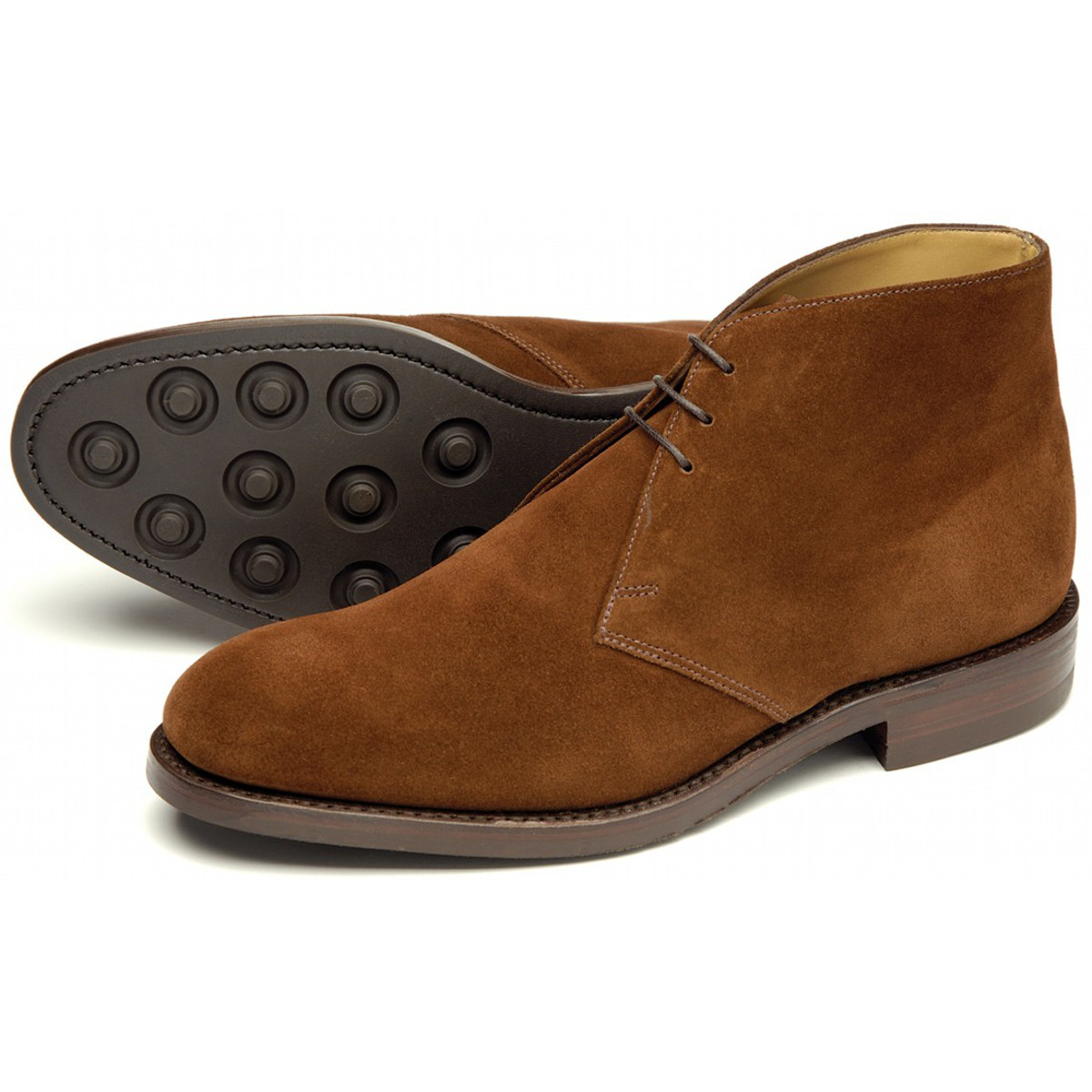Dainite – A Great British Invention 3rd July 2016

Dainite soles were invented to provide an alternative to leather soles on men's dress shoes.
Based in Market Harborough, Leicestershire, the Harboro Rubber Company Ltd is the inventor of Dainite, a specialised product invented to solve a common problem with dress shoes: their soles are usually made from flat leather. Leather is a lightweight, breathable and durable material to use on a shoe sole. However it is less ideal in persistently wet conditions.
Rubber soles with grip patterns are the obvious solution to this but they tend to pick up dirt easily and are thicker and heavier. They are also considered less formal. Dainite provides the perfect answer. The sleek and smooth rubber gives a formal and high-quality feel and the indented studs grip into the ground. This is useful in the winter months when rain and frost can often cause poor grip.
Dainite’s special design ensures that dirt is not picked up in great quantities and the soles can easily be wiped clean if necessary. It is this provision of excellent grip combined with great durability and ease-of-maintenance which gives Dainite an edge of many other sole materials.
In addition to the traditional Dainite studded sole, the Harboro Rubber Co makes Ridgeway and Medway, variants of the original Dainite sole which feature different grip-patterns but are made from the same actual material.
Although Dainite has been around for over 100 years, the manufacturing process has changed little, and the low-dirt form has held fast. The product’s name originally came from the local slang for the company as being the “day and night mill”.
The company relocated to new premises in 2006, although this is less than a kilometre from the original site in Market Harborough. The new factory allows increased production through newly-acquired heavy machinery and has been a great success.
Here are a few examples of Dainite-soled shoes from our range:
If you enjoyed this article - please share with your friends...
